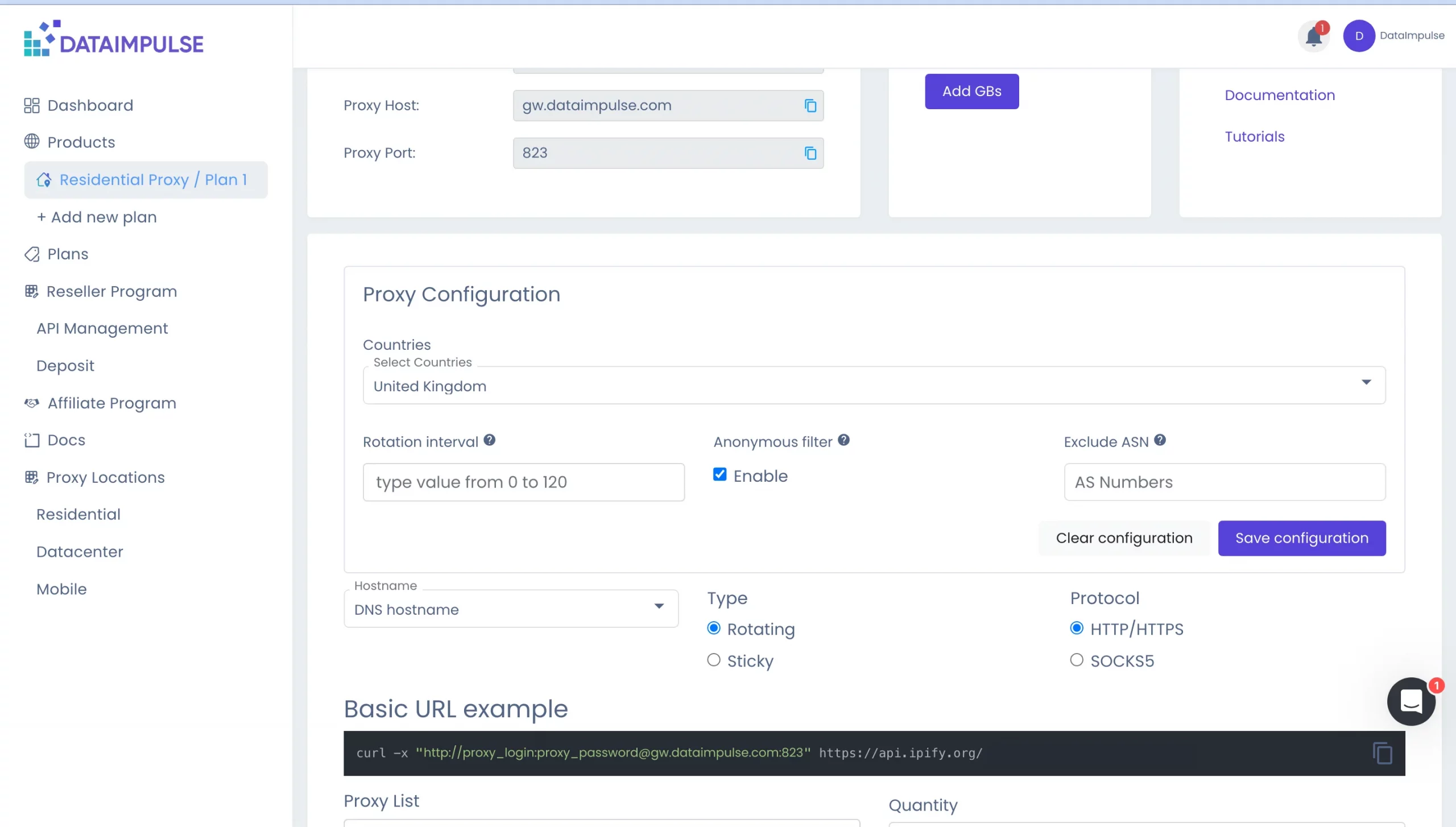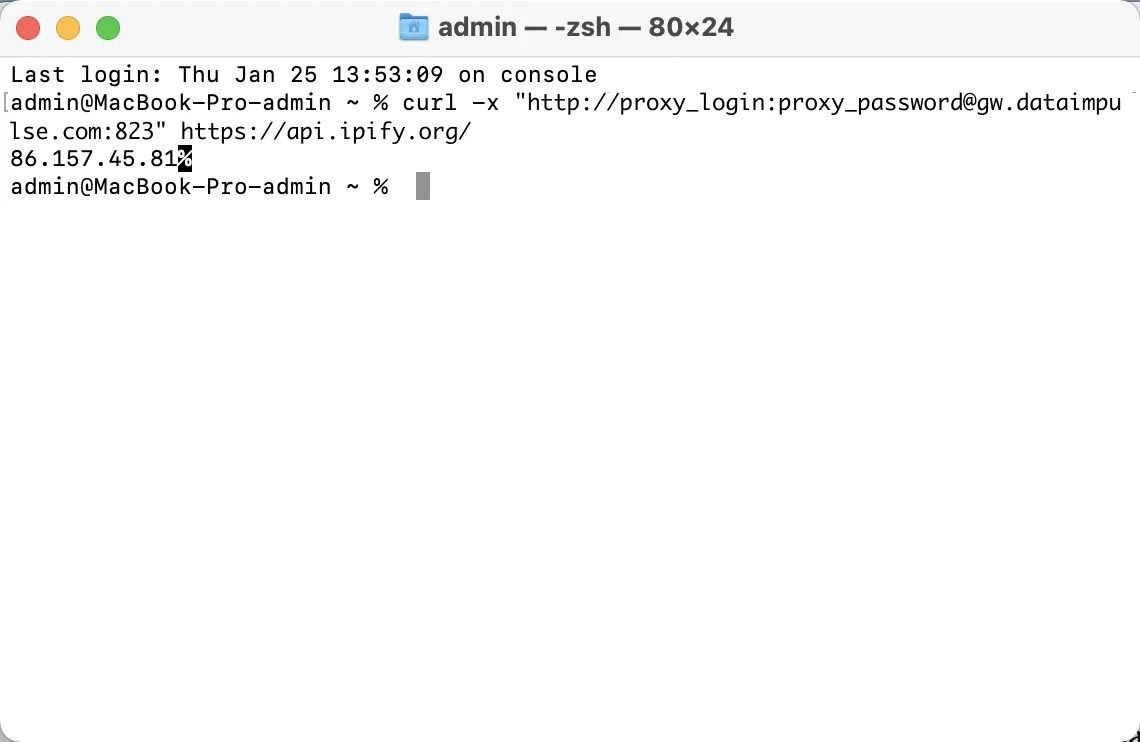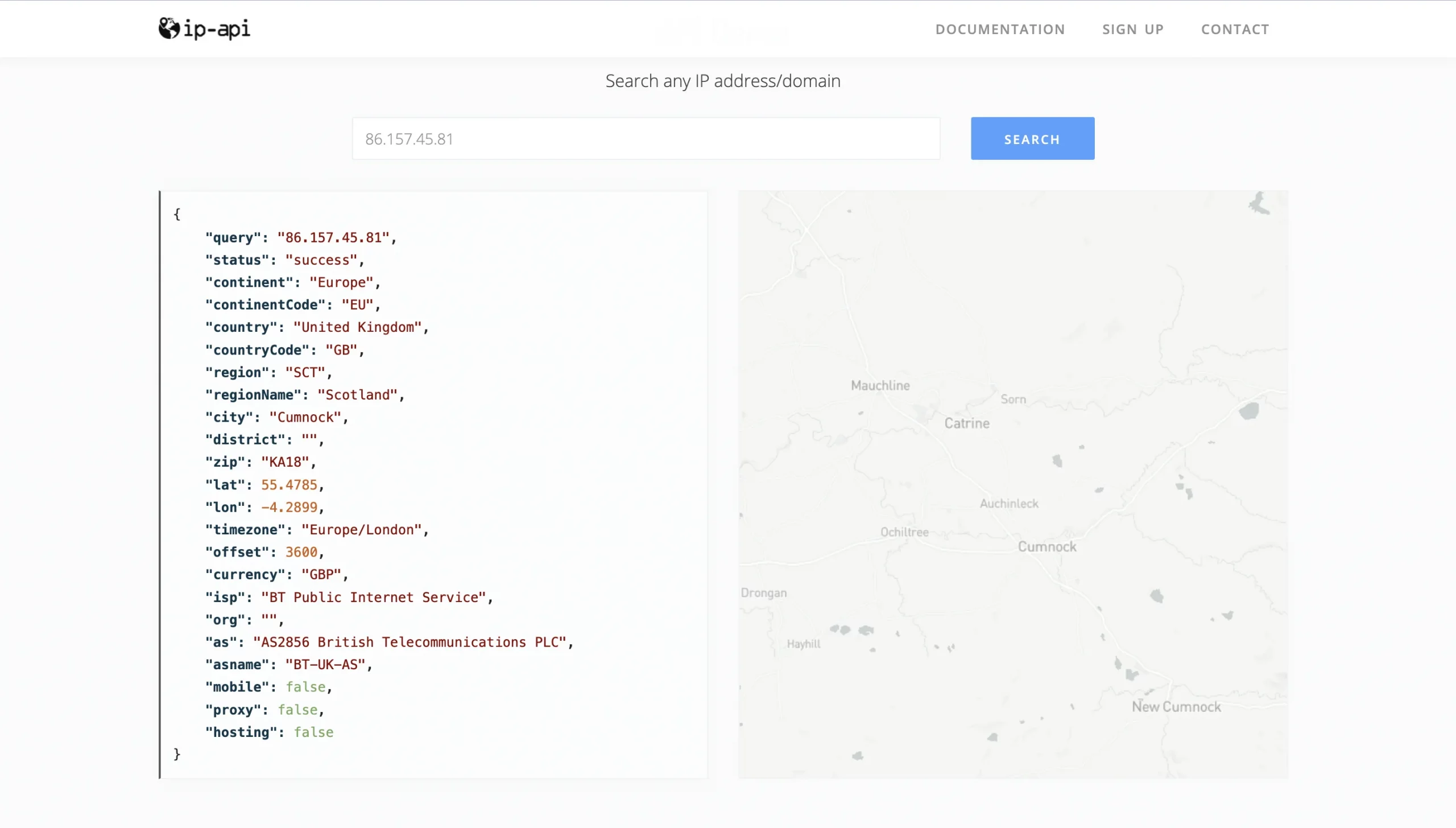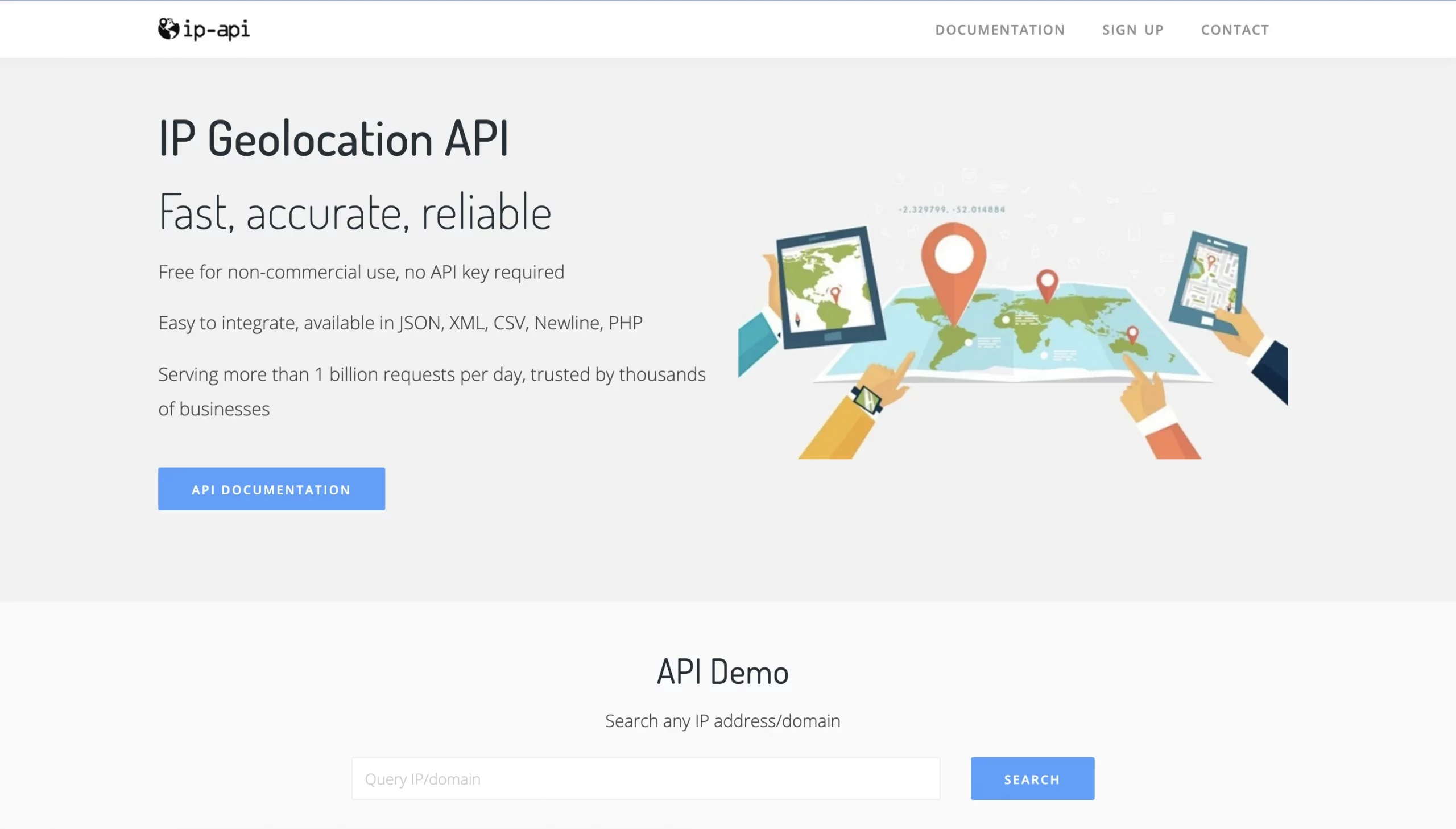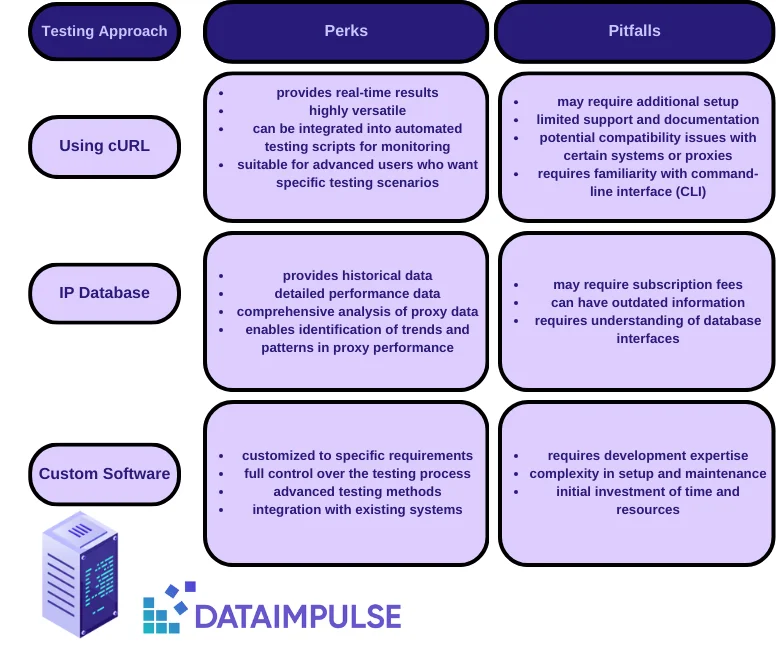
In this Article
Protective barriers between devices and the Internet, that’s what we can say about proxy servers. Tech masters should know what kind of issues they can face when using proxies. Thus, proxies need to be checked before incorporating them into the system, just to make sure they’re working effectively.
In this article, we provide a step-by-step guide to assessing proxy performance using three different methods.
Why is it Necessary to Test Proxies?
Proxy testing has always been a critical aspect of managing networks, ensuring cybersecurity and constant access to information. The internet is a dynamic ecosystem with potential threats and weaknesses. Without proper assessment, users have a higher risk of experiencing cyber attacks and other issues.
One of the reasons why we have to check proxies is their ability to greatly impact the speed and reliability of your web scraping activities. For example, when conducting competitor analysis in a corporate setting, proxies should be used to prevent the company’s IP address from getting blacklisted. For high-performance tasks like gaming or video editing, you’ll need to have a fast and reliable connection.
If you value anonymity and security online, it’s also important to verify the location. A proxy server must redirect internet traffic through a location different from the user’s actual location in order to effectively remain anonymous. Without this key element, the use of proxies would be pointless as websites and online services could easily identify the user’s true IP address, thus defeating the purpose.
In addition, it is crucial to consider compatibility when assessing proxies, not all servers may work smoothly with all applications or websites so here is another reason to test your proxy. Therefore, thorough testing is necessary to ensure compatibility and functionality across a variety of online activities and platforms.
1. Proxy Testing using cURL
Firstly, open a terminal and enter the basic client URL command that you copy from your DataImpulse dashboard. Before starting, please check if you have cURL installed as it has to be set up as an extra package. cURL is widely used for transferring data and testing APIs.
Then go to the website https://ip-api.com/ where you can check the data. As a result, you will have information about the IP address of the country you chose in the subscription plan.
2. IP Database
IP geolocation services use special algorithms to identify whether an IP address originates from a data center or a residential location. There’s an essential complement to this process – IP databases. These databases operate similarly to proxy checkers but provide important historical data for further analysis.
However, just knowing the origin and speed of a proxy may not be enough. To make sure that the proxy is effective, users should find out if it was misused in the past. In this case, IP databases come in handy, they act as warning tools.
For instance, there is an IP-API service. They provide one of the most popular and reliable IP Geolocation API. Moreover, they immediately update the database as soon as they receive new information about the IP block.
Here is the link to visit their website: https://ip-api.com/
One of the main things to pay attention to is the status of a proxy. Users should know whether a proxy is classified as “true” or “false”.
“proxy”: true, “hosting”: true
“proxy”: false, “hosting”: false
A “true” proxy indicates visibility and potential misuse, while a “false” proxy suggests successful hiding of the user’s IP address, ensuring anonymity and security.
3. Custom Software
First of all, you need to have lots of time, knowledge, and resources to create custom software. One of the main benefits of custom software is its ability to adapt to specific environments and needs. Businesses can develop unique testing tools by working with experienced developers or in-house IT teams. This personalized approach provides control over testing settings and makes it possible to assess proxy effectiveness in different situations.
Additionally, users can try more advanced testing methods and automation techniques with personalized software. The proxy testing process can be optimized by incorporating automated testing scripts and real-time monitoring dashboards. This ultimately saves time and resources.
In essence, personalized software provides a customized method for proxy testing. With this method, companies can adapt testing solutions to reach their specific goals. Even though it may cost a lot at the beginning, custom software for proxy testing brings long-term benefits like better accuracy, productivity, and management.
Pros and Cons
Below there’s a chart outlining the perks and pitfalls of each described testing method.
Top Tips for Checking Proxies
Our team gathered the main tips that will be helpful during testing proxies. Let’s discuss:
- Try Different Testing Methods
Use a combination of IP checkers, IP databases, and custom software to see what better works for your business. Every method provides different benefits and perspectives so you can identify and resolve potential problems from various angles. By diversifying your testing approach, you can improve the reliability of your proxy system.
- Regular Checkups and Maintenance
Such factors as network conditions, server load, and changes in IP reputation can highly influence the performance of proxies. It is a good idea to implement automated monitoring tools to monitor proxy uptime, response times, and error rates. This decision will result in proactive problem-solving and optimization. Additionally, simply stay informed about industry trends and updates to adapt proxy testing strategies accordingly and maintain optimal performance.
- Keep Track of Proxy Regulations
The usage of proxies is controlled by regulations and compliance standards, which may vary depending on your location and the nature of your business. Collect info about relevant laws and regulations, such as data privacy regulations and acceptable use policies. Make sure that your methods follow legal and ethical standards. Regularly review your proxy testing protocols and incorporate any changes in compliance requirements.
DataImpulse as Your Partner
When it comes to choosing a proxy provider, DataImpulse stands out for several key reasons. Whether you require proxies from a particular region, our great pool of over five million IPs ensures reliable and safe access to online resources.
Moreover, our user-friendly dashboard makes it easy to set up your preferred proxies and you can easily adjust proxy settings. We are committed to ethical standards so all our IPs are obtained legally. Combined with high-speed connections and a 24/7 professional support team, our services provide the best proxy solutions that combine innovation with reliability.
Conclusion
By understanding and implementing such testing methods, companies can strengthen their network security, reduce block risks, and guarantee the smooth functioning of their digital infrastructure. If you’re using proxies to access sensitive data, it’s better to check them on a regular basis. For casual web browsing, less frequent monitoring is okay.
Remember: proxy testing isn’t just a precaution, it’s a necessity in a modern digital world.
Start now by contacting us at [email protected] or clicking the “Try now” button in the top-right corner.

